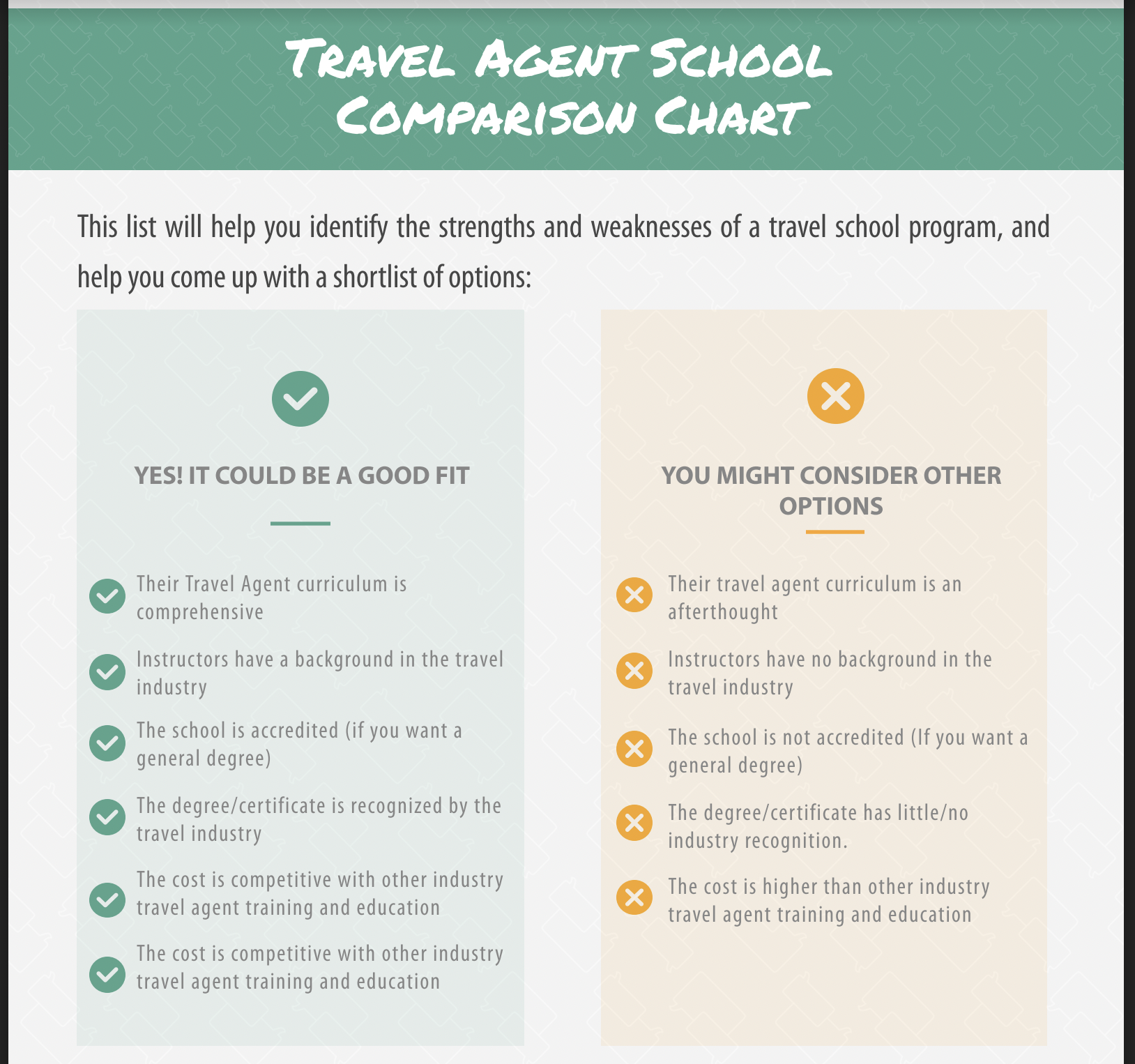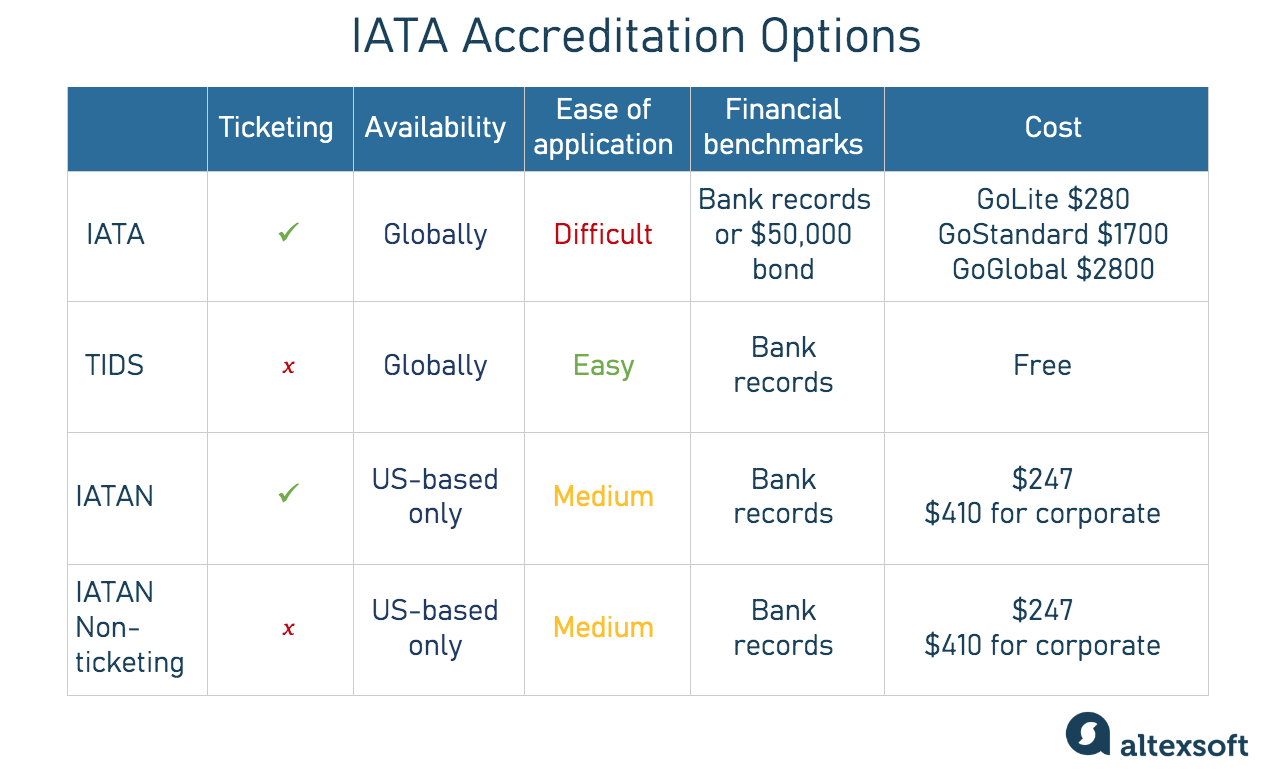Travel is more than just a destination; it’s an experience that explores new cultures, traditions, and perspectives. For those who wish to share their passion for travel, becoming a travel agent offers a fulfilling career path. But before diving into this exciting world, understanding the costs associated with travel agent certification is crucial. In this comprehensive guide, we’ll explore everything from certification expenses, travel tips, destination highlights, and personal stories that will inspire your journey.
The Importance of Travel Agent Certification
Before we delve into the costs, let’s discuss why getting certified as a travel agent can be beneficial for you. A formal certification can open doors to lucrative job opportunities and give you credibility as a travel advisor. Not only does it provide essential skills and knowledge, but it also builds trust with clients.
What Does Certification Entail?
Most travel agent certification programs cover essential topics such as:
- Travel industry fundamentals
- Destination geography
- Booking systems and tools
- Customer service skills
- Sales techniques
Costs of Travel Agent Certification
The costs for travel agent certification can vary widely based on the program you choose and whether it’s online or in-person. Here’s a breakdown of the typical expenses you might encounter:
Overview of Certification Costs
| Program | Type | Cost | Duration | Certification |
|---|---|---|---|---|
| Travel Agent Certification Course | Online | $300 – $1,500 | 6-12 weeks | Yes |
| Destination Specialist Programs | Online | $250 – $600 | 4-8 weeks | Yes |
| Travel & Tourism Degree | College/University | $10,000 – $50,000 | 2-4 years | Yes |
| Membership Fees (e.g., ASTA) | Annual | $100 – $300 | 1 year | No |

Comparing Popular Certification Programs
Here’s a closer look at some of the most popular travel agent certification programs based on reviews from sites like Trustpilot and Course Report:
| Program | Average Rating | Pros | Cons |
|---|---|---|---|
| Travel Agent Academy | 4.5/5 | Comprehensive content, user-friendly | Costly for beginners |
| Udemy Travel Agent Certification | 4.1/5 | Affordable, flexible learning | Limited interaction |
| AAA Travel Agent Program | 4.6/5 | Well-recognized, excellent support | Longer commitment required |

Additional Costs to Consider
While certification costs are a significant factor, there are additional expenses that aspiring travel agents should consider:
Licensing Fees
Depending on your location, specific licenses may be required to operate as a travel agent. Research local regulations to ensure compliance with all legal requirements.

Travel Industry Tools and Software
Investing in necessary tools such as CRM software, booking engines, and marketing tools can add to your startup costs. Budget for these tools to streamline your operations.
Continuous Education
Travel is always evolving, and so is the industry. Investing in ongoing education through workshops and courses can help you stay up-to-date with the latest trends and technologies.

Travel Tips from a Former Travel Agent
Having worked in the travel industry, I’ve learned that the best advice often comes from personal experiences. Here are some travel tips I wish I had known when I started:
Build Relationships
Networking is a powerful tool in the travel industry. Building relationships with suppliers and clients can lead to better deals and repeat business.

Stay Organized
Use project management tools to keep track of your clients, bookings, and deadlines. A well-organized travel agent is more efficient and reliable.
Keep Learning
Always be open to new knowledge. The travel landscape is constantly changing, and being informed means better service for your clients.

Destination Highlights: Travel Trends to Watch
As a travel agent, staying ahead of trends can help you offer the best recommendations to your clients. Here are some trending destinations:
Eco-Friendly Travel
More travelers are looking for sustainable options. Highlight eco-friendly resorts and activities to attract environmentally conscious clients.

Remote Work-Friendly Locations
The rise of remote work has led to an increase in long-term travel. Focus on destinations that offer good Wi-Fi, co-working spaces, and accommodations for extended stays.
Cultural Experiences
Clients are seeking authentic cultural experiences. Incorporate local tours, cooking classes, and art workshops into your itineraries.
Pros and Cons of Being a Certified Travel Agent
Pros
- Increased credibility and trust with clients.
- Access to exclusive travel deals and resources.
- Potential for higher earnings through commissions.
- Ability to specialize in preferred travel niches.
Cons
- Initial costs can be high.
- Stressful during peak travel seasons.
- Requires ongoing education and professional development.
Frequently Asked Questions
1. How long does it take to become a certified travel agent?
The time it takes can vary. Most online courses take between 6-12 weeks, while degree programs can take 2-4 years.
2. Are there age restrictions for becoming a travel agent?
Generally, there are no age restrictions, but some companies may require agents to be 18 or older to sign contracts.
3. Do I need to work for an agency after getting certified?
Not necessarily. Many certified agents work independently, but starting with an agency can provide valuable experience and network connections.
4. What is the best certification for a beginner?
Online certification programs like Travel Agent Academy or Udemy are great for beginners due to their affordability and flexibility.
5. Can I become a travel agent without formal certification?
While certification is not mandatory, it can significantly enhance your knowledge and credibility in the industry.
Conclusion
Becoming a certified travel agent is not only an investment in your future but also a gateway into a world filled with adventure and discovery. The costs associated with certification, while sometimes daunting, can yield significant returns in your career. The journey begins with understanding your options, embracing learning opportunities, and passionately sharing travel experiences with others. Reader, if you’re ready to take the leap, the world of travel awaits you!